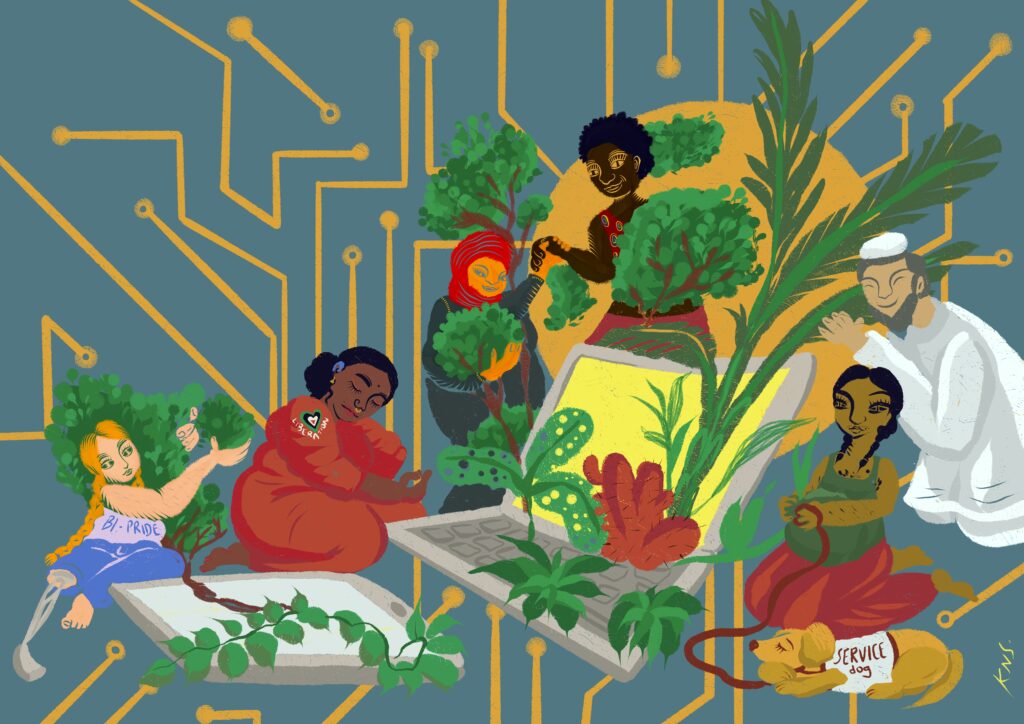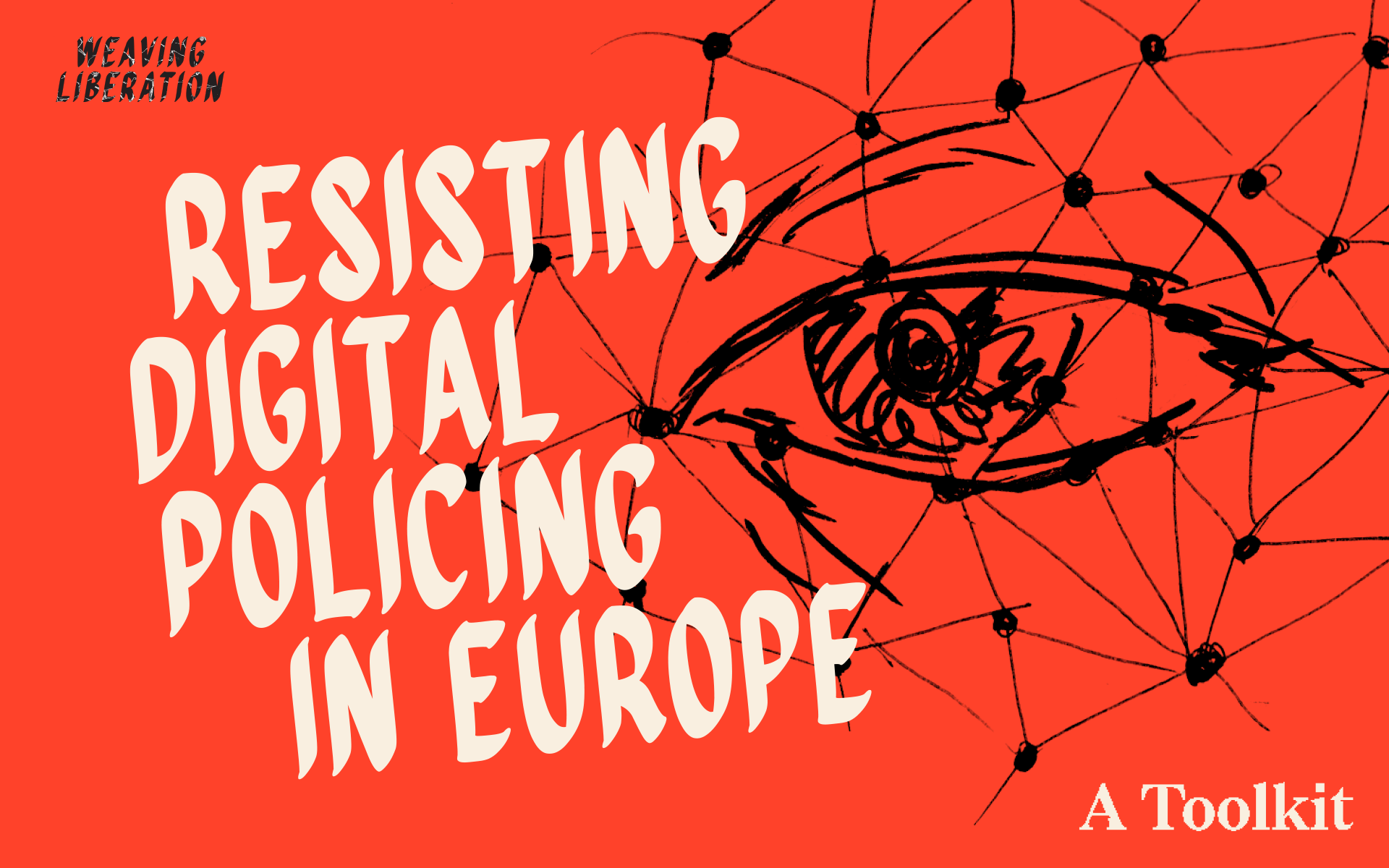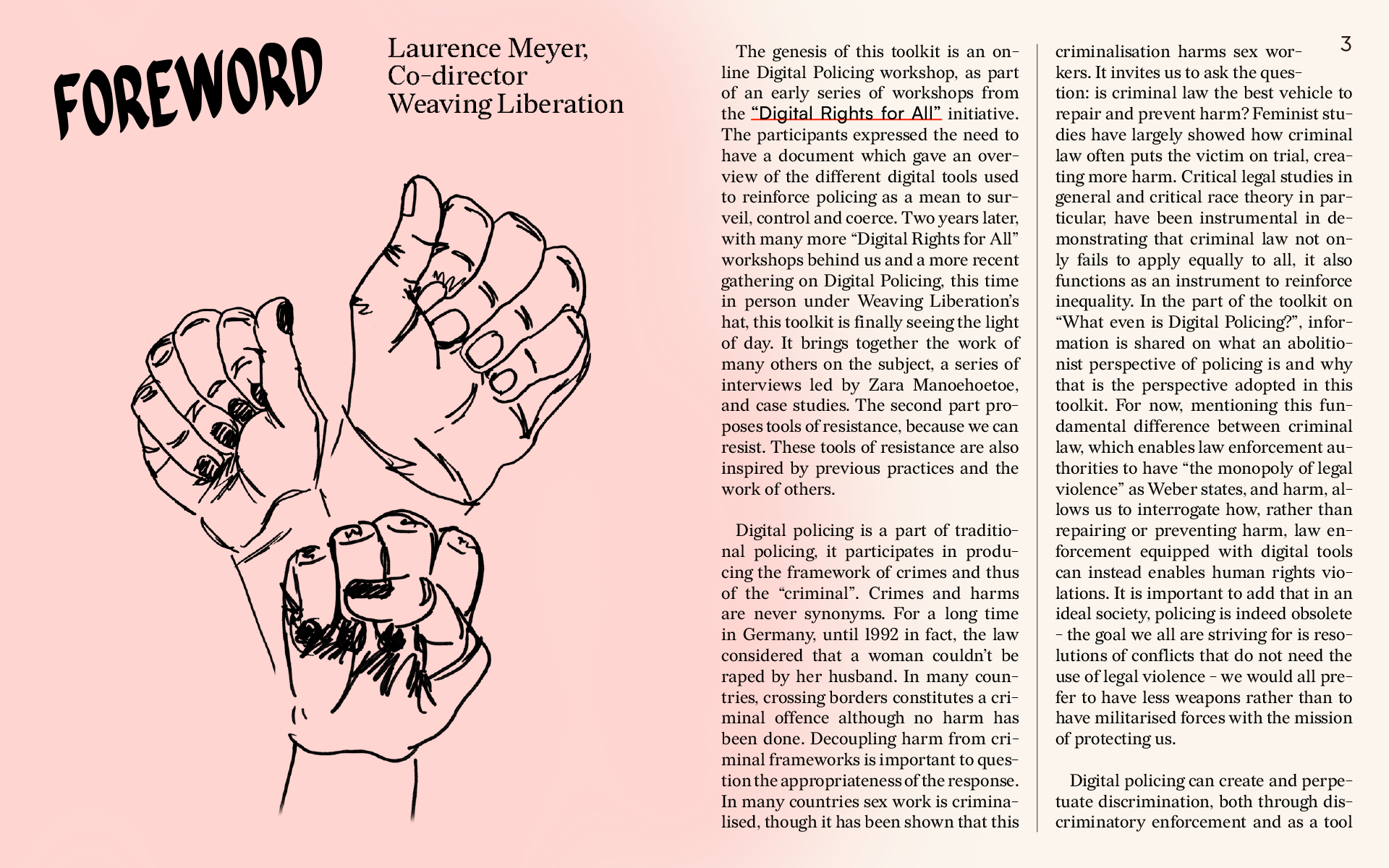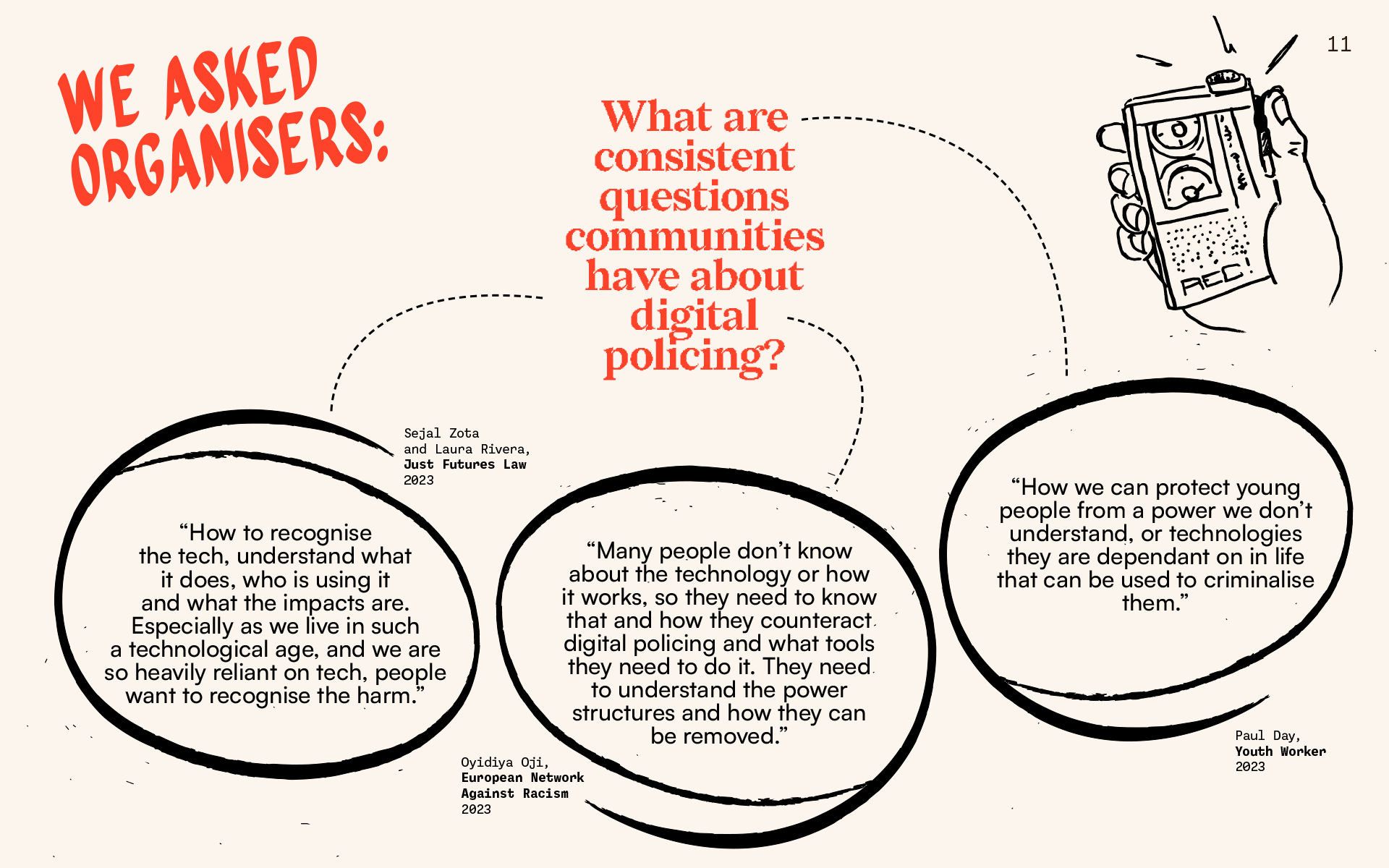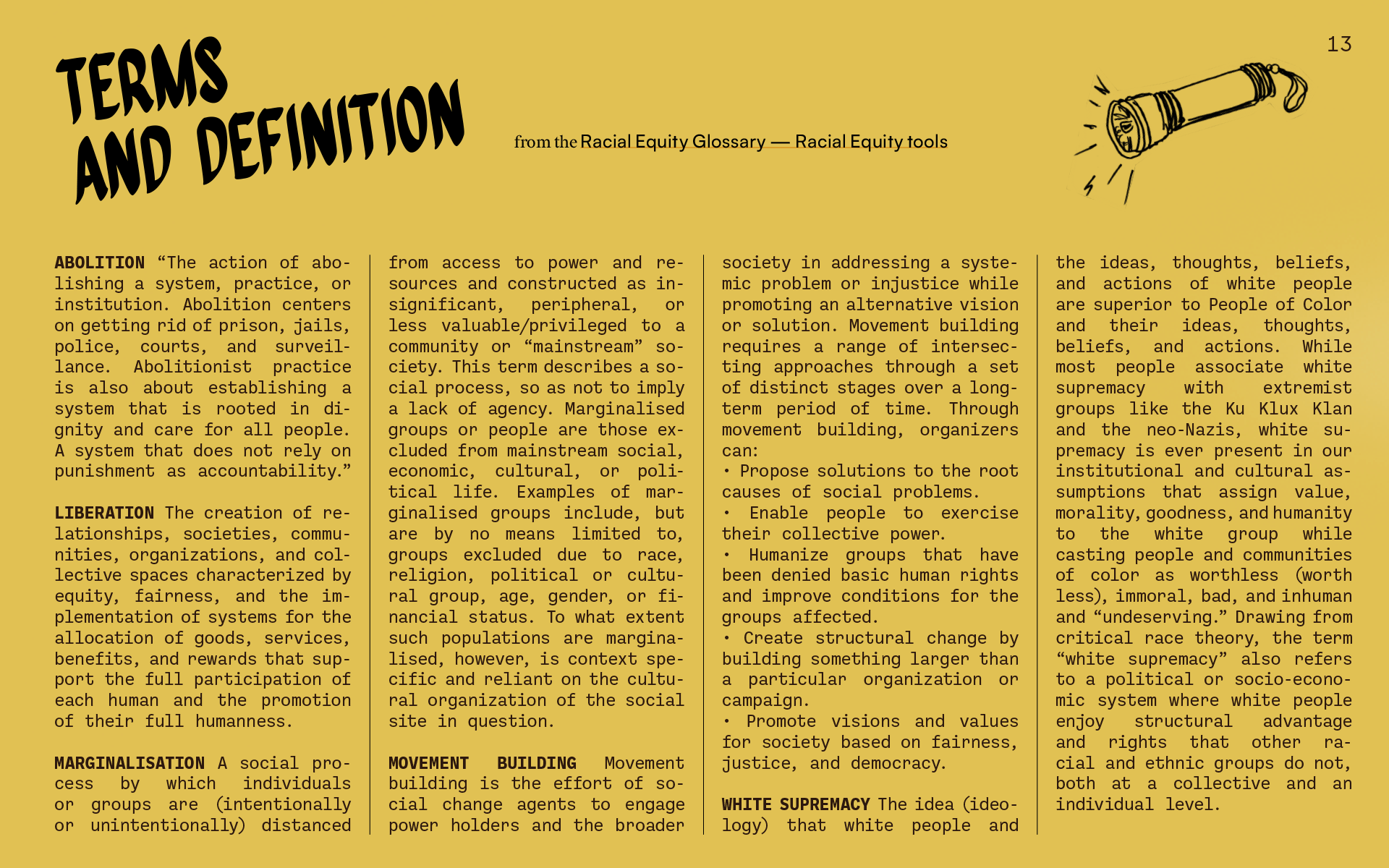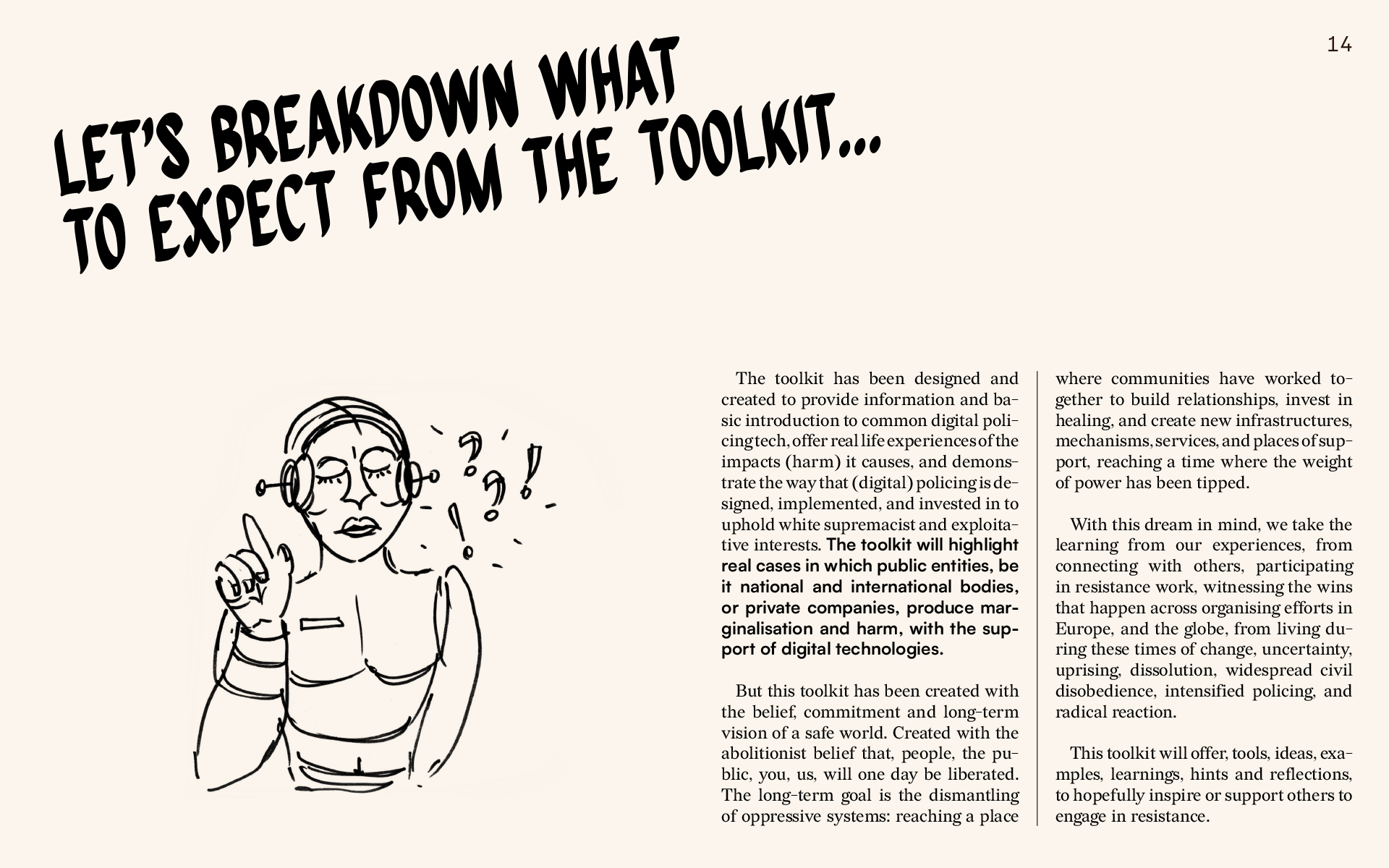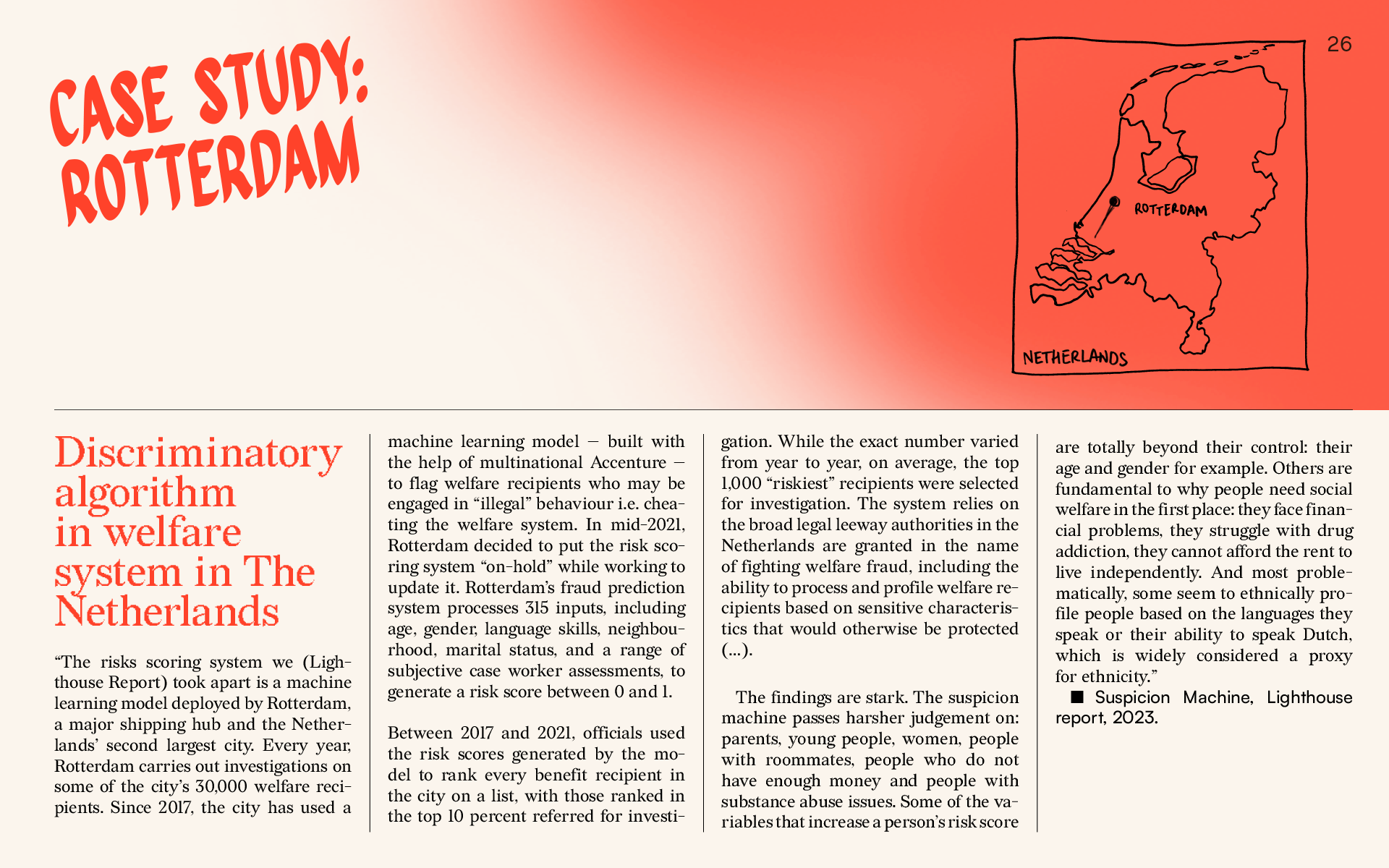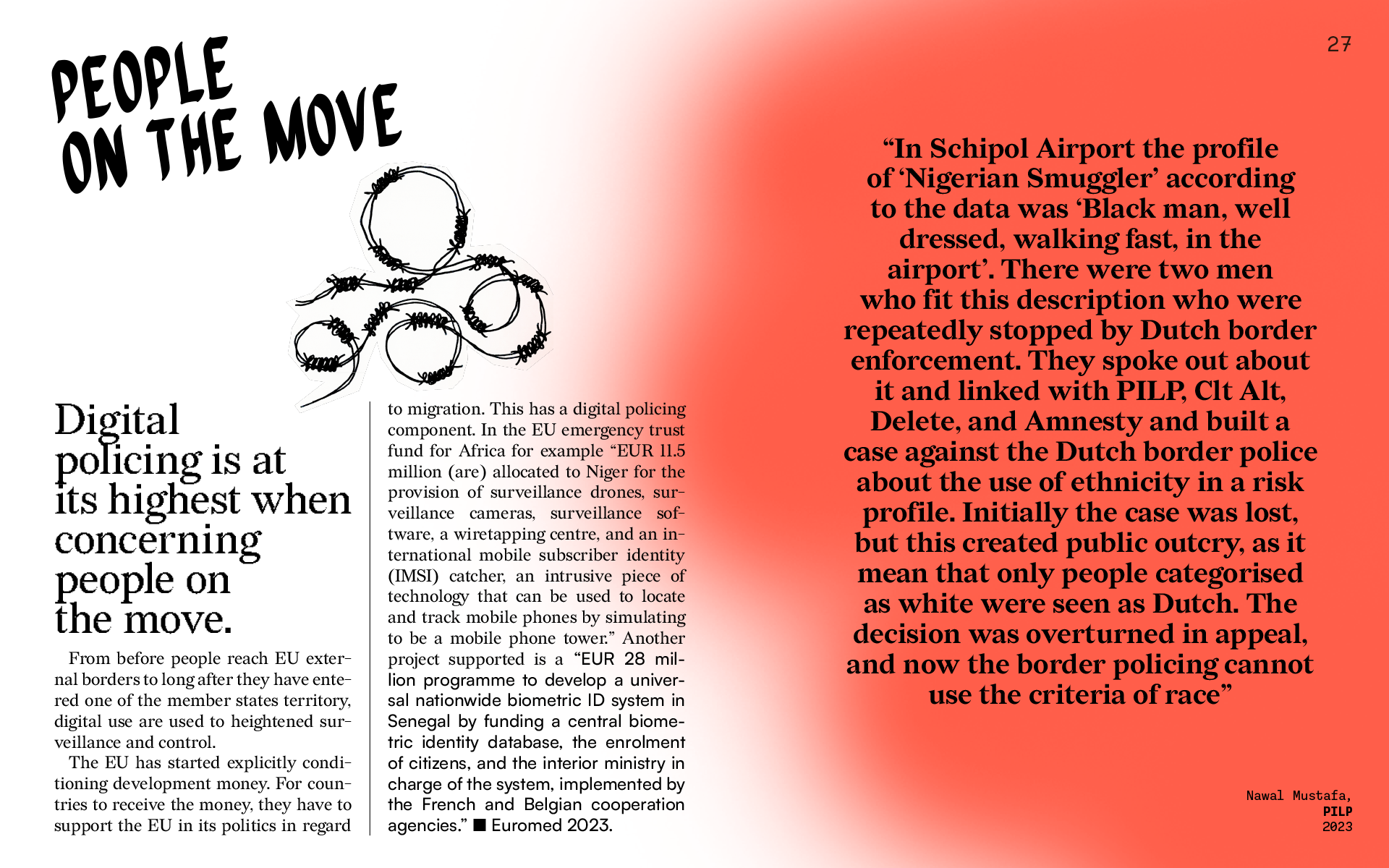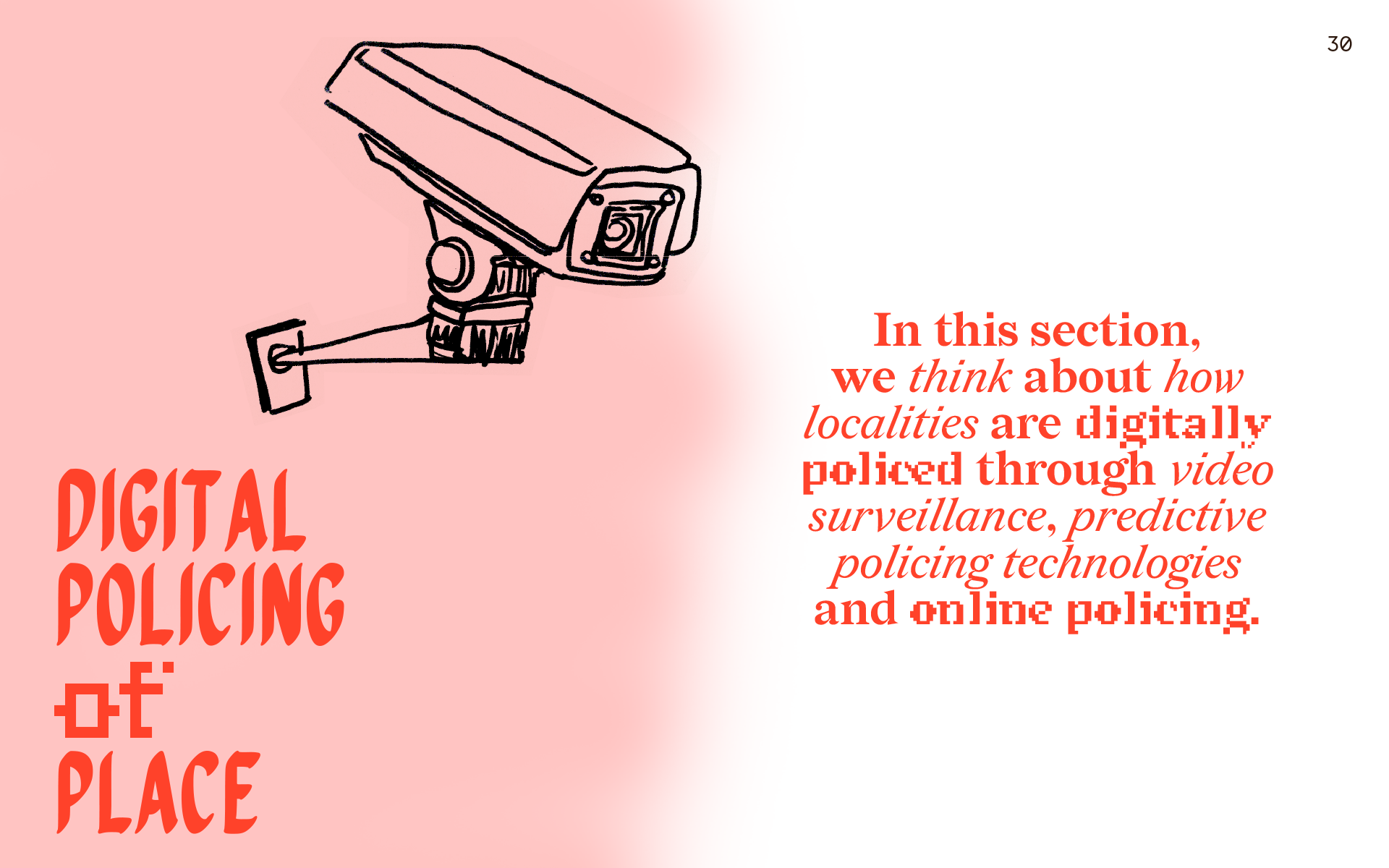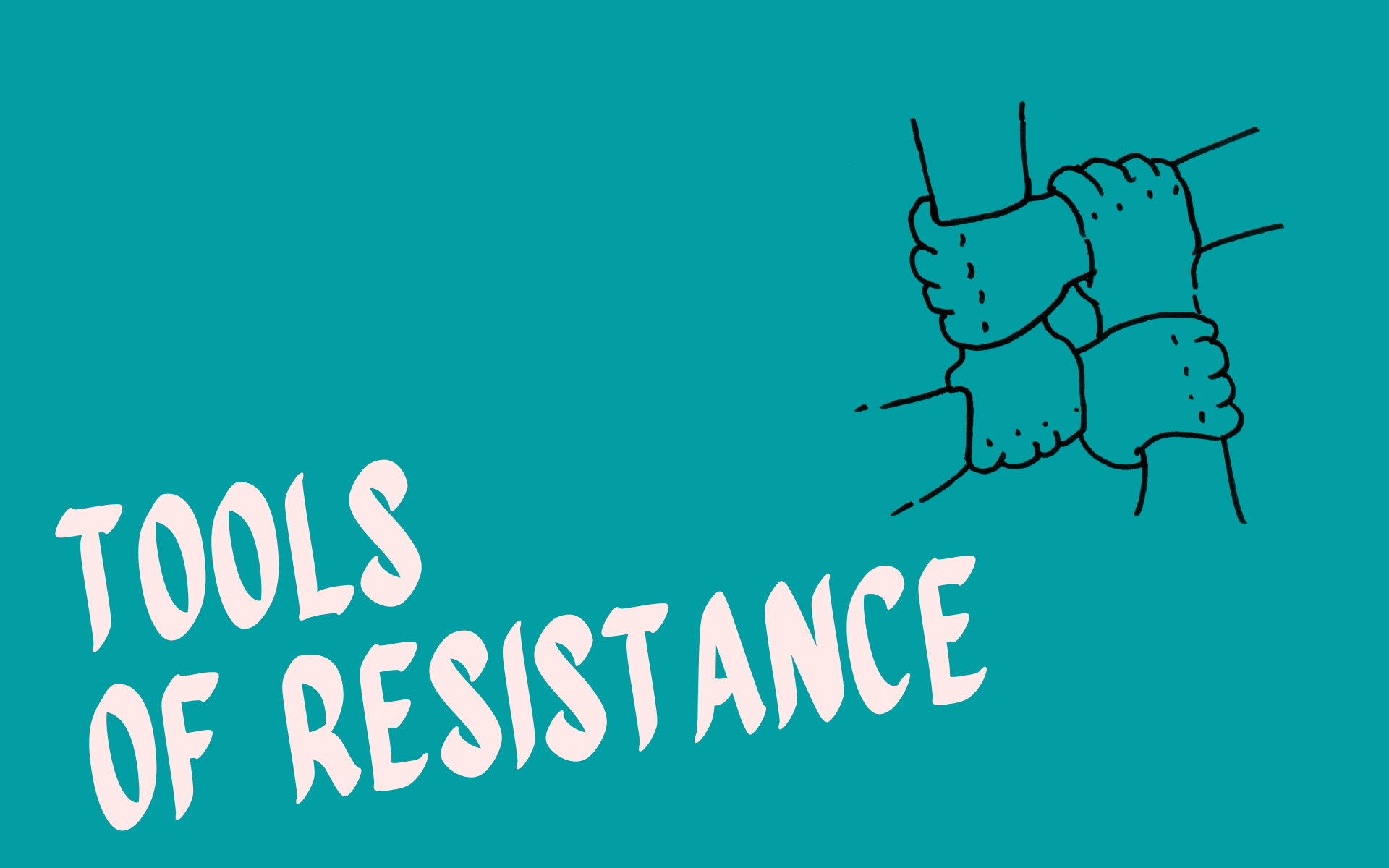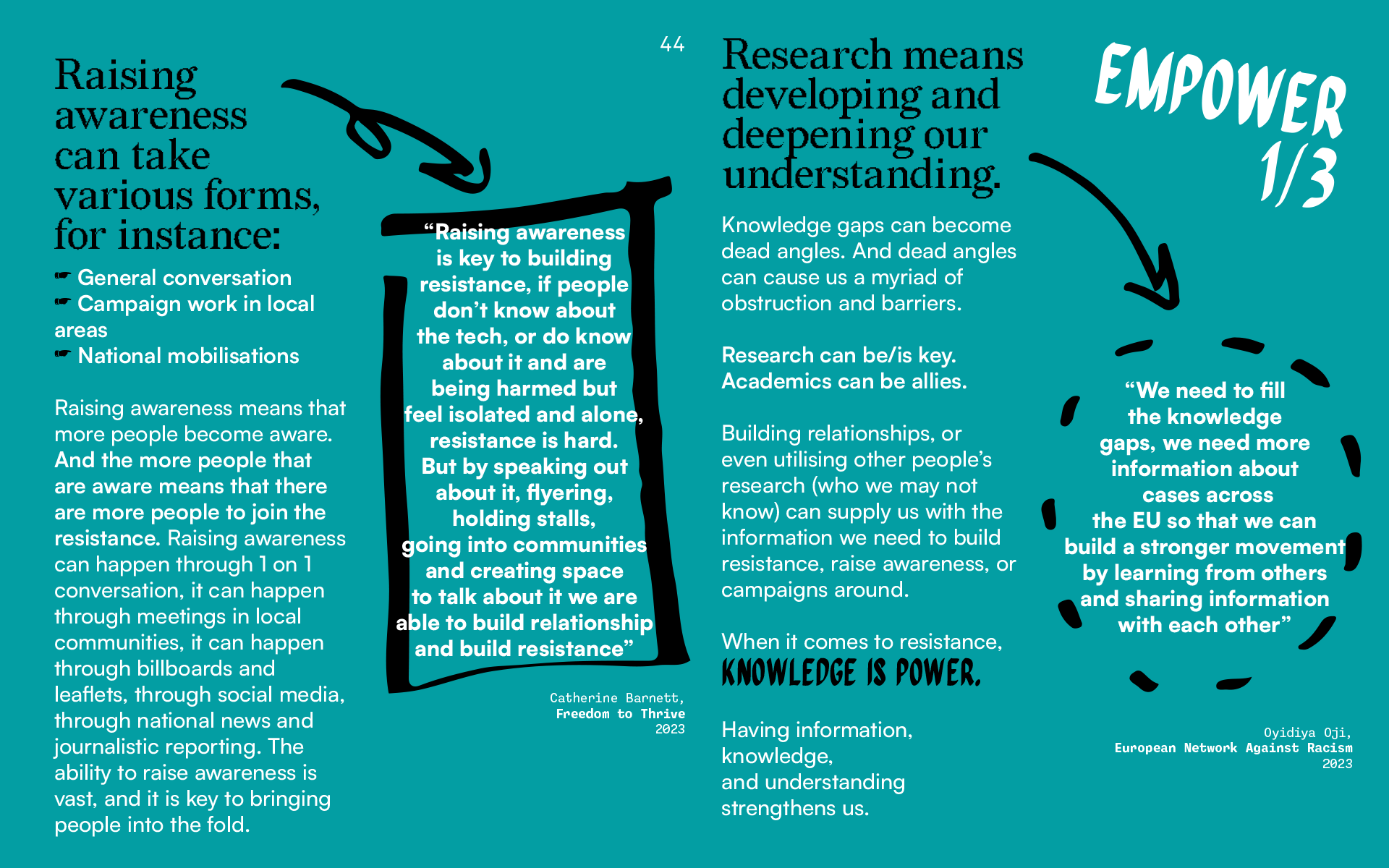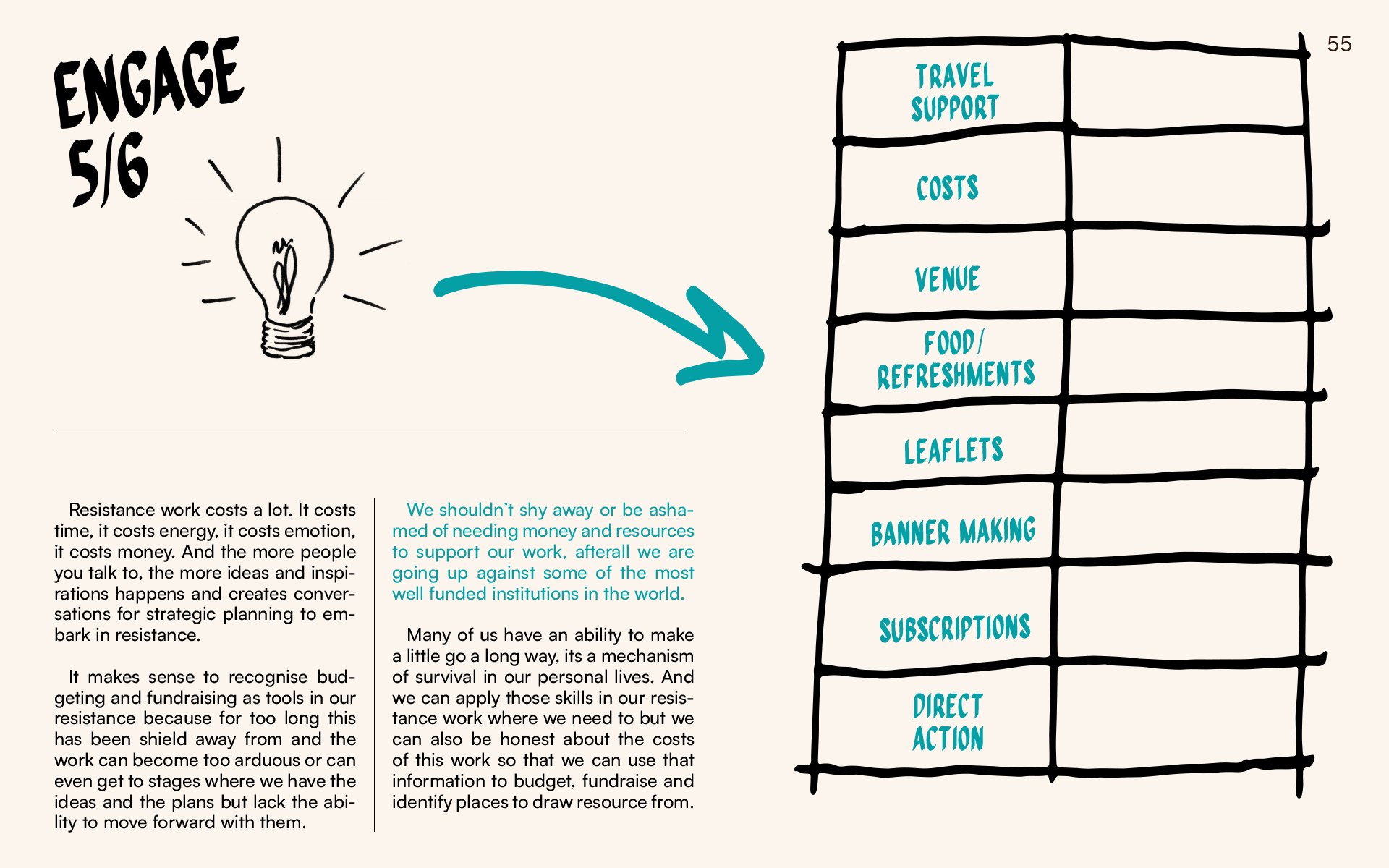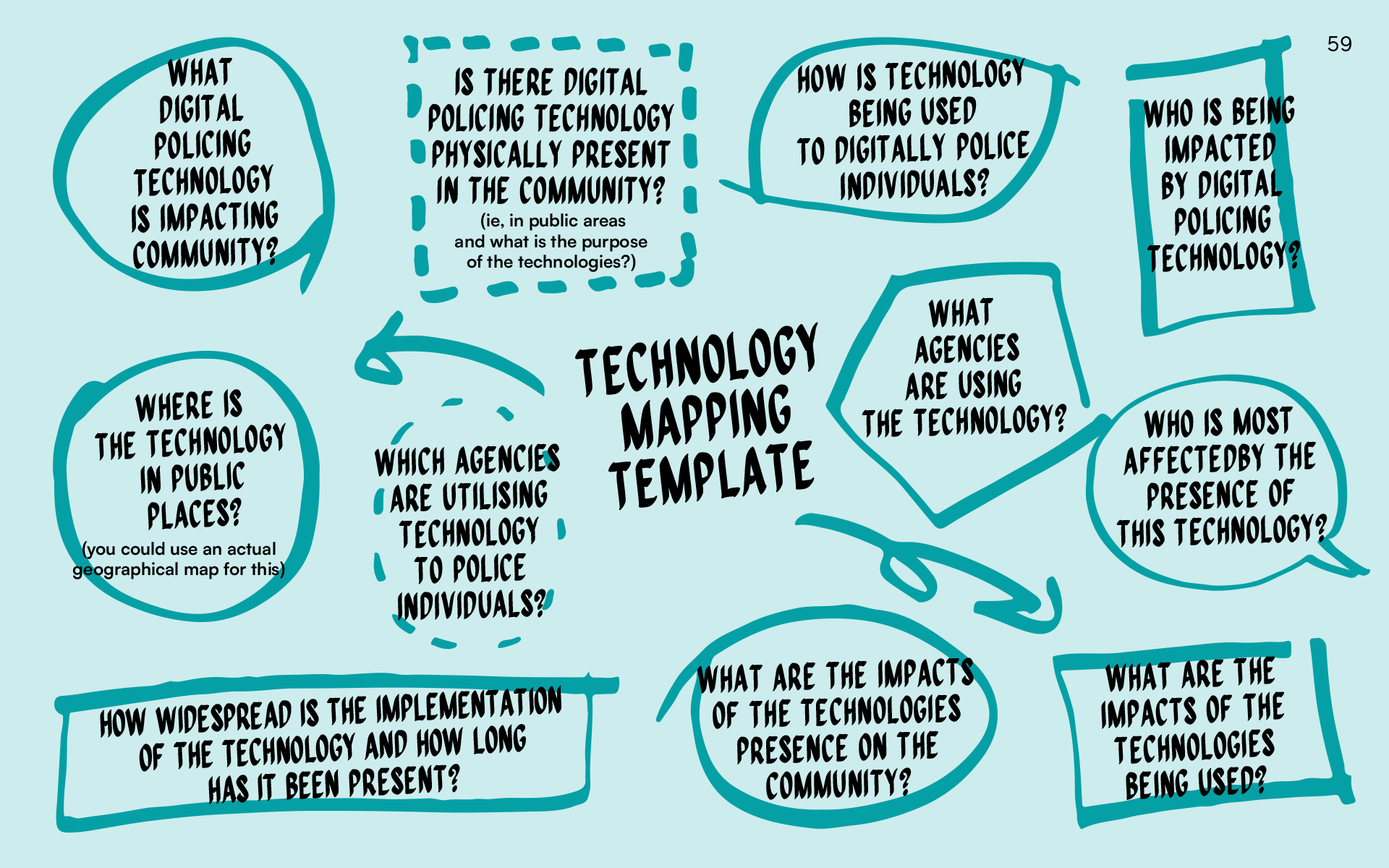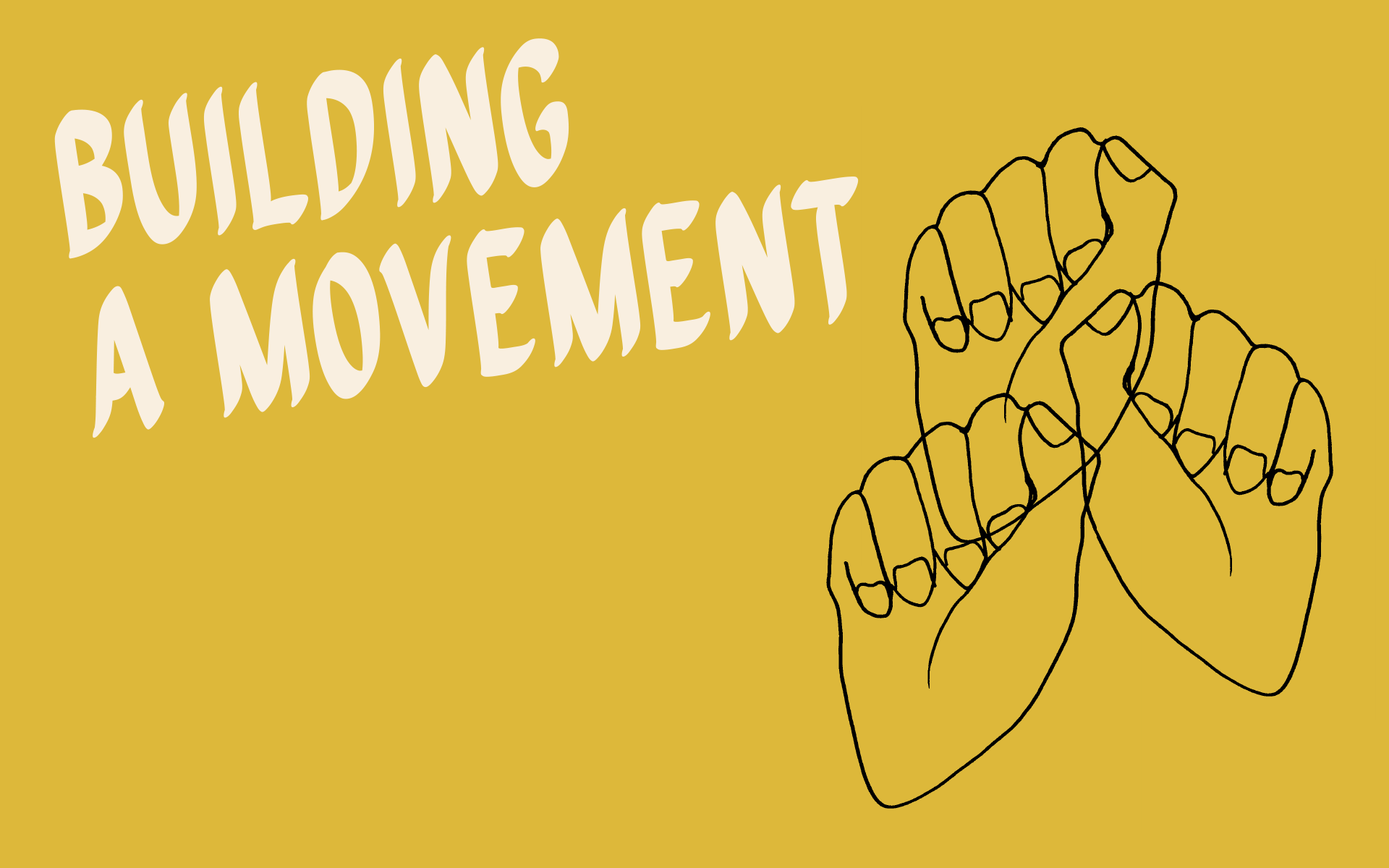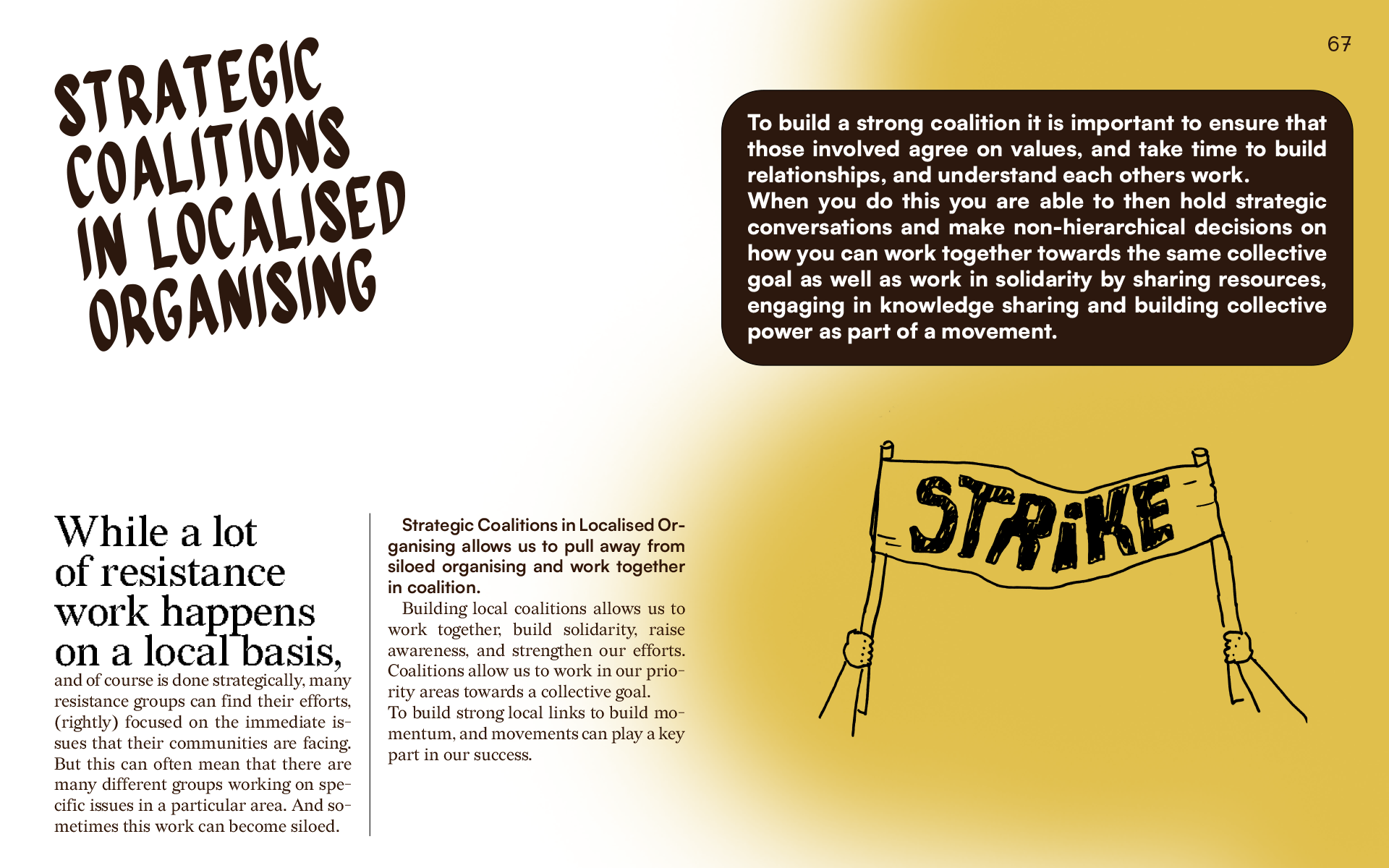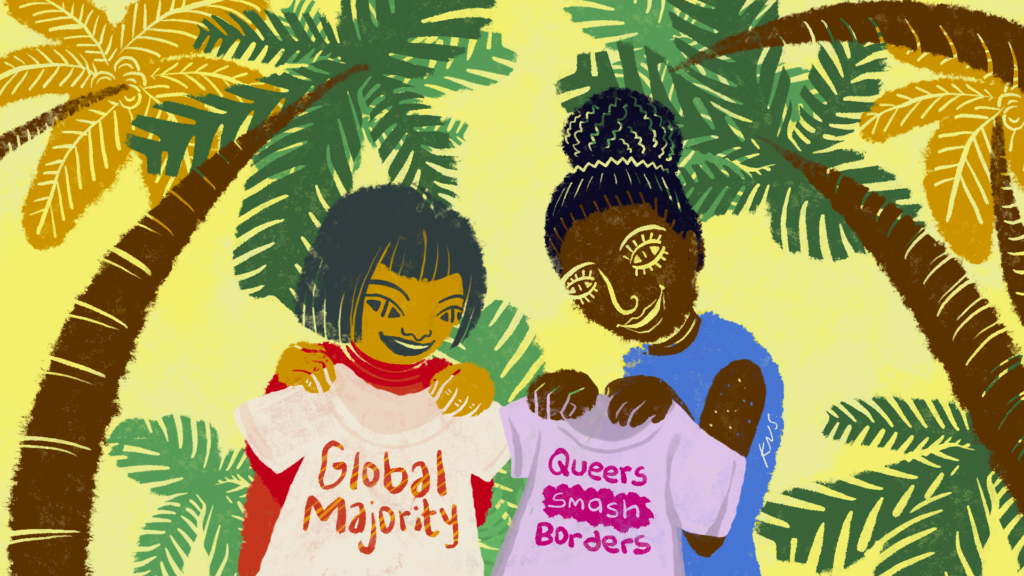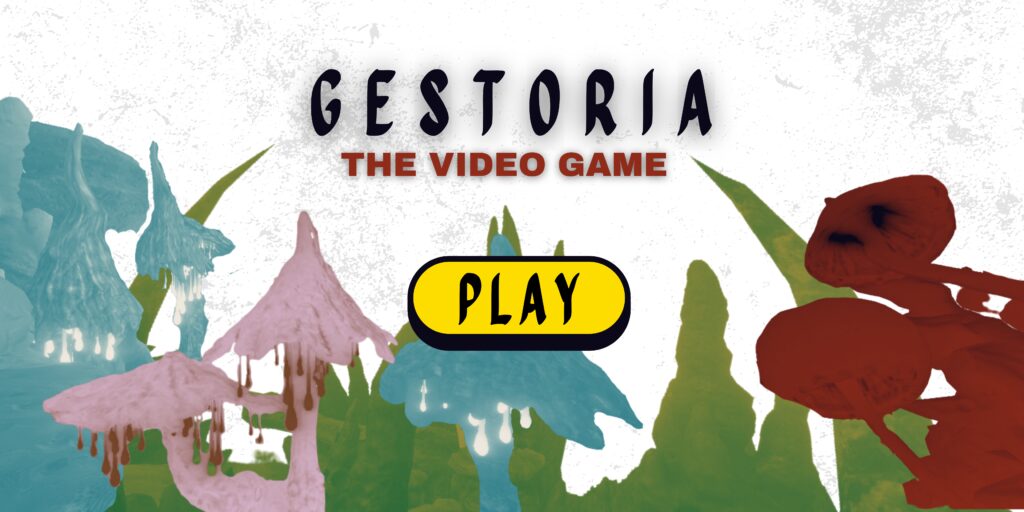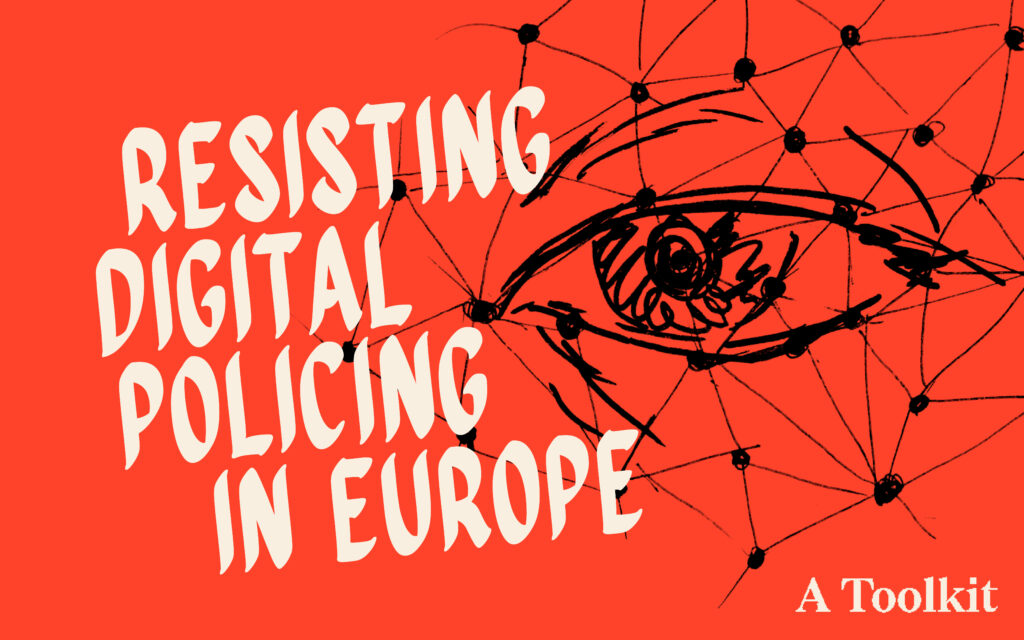About our work
Weaving Liberation is an ecosystem-building and regranting initiative focussed on supporting and resourcing digital justice organising in Europe.
We coordinate the implementation of “A vision for digital justice organising in Europe”, a programme of activities that will help create the conditions for communities to work towards anti-colonial and liberatory digital futures.
The programme is the fruit of the collective labour of 30 participants with experience working towards racial, social, environmental and economic justice as well as digital rights organisations and funders. You can scroll down to explore the Blueprint – a multi-media resource which sets out the collective process we undertook to design this programme and shares the lessons we learned along the way.
What we do
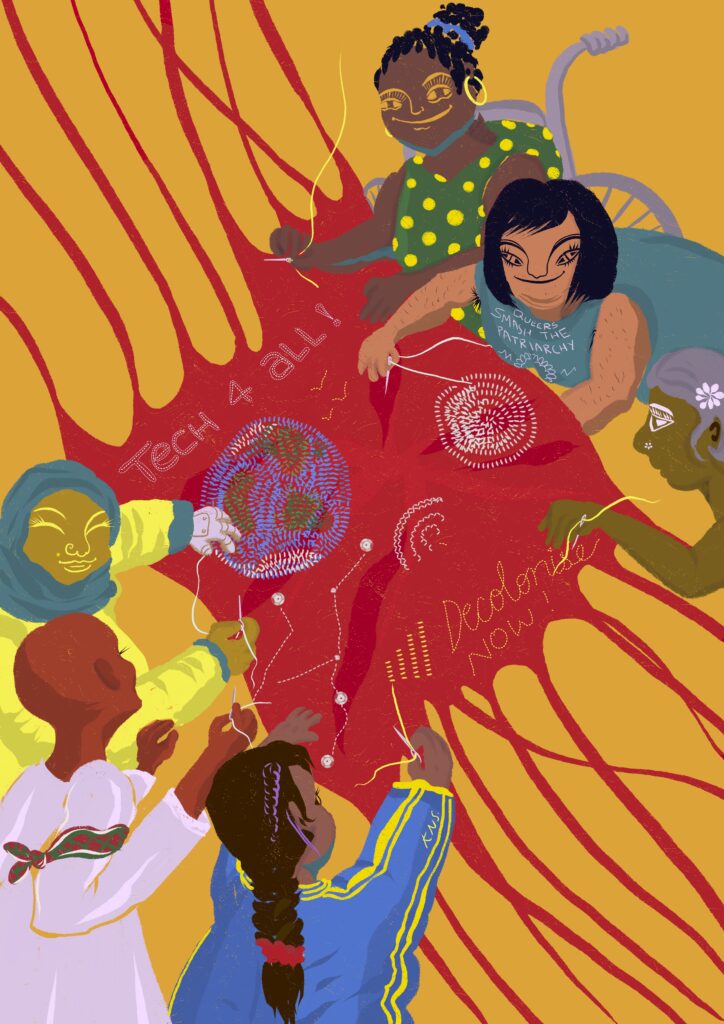
Resource digital justice movements
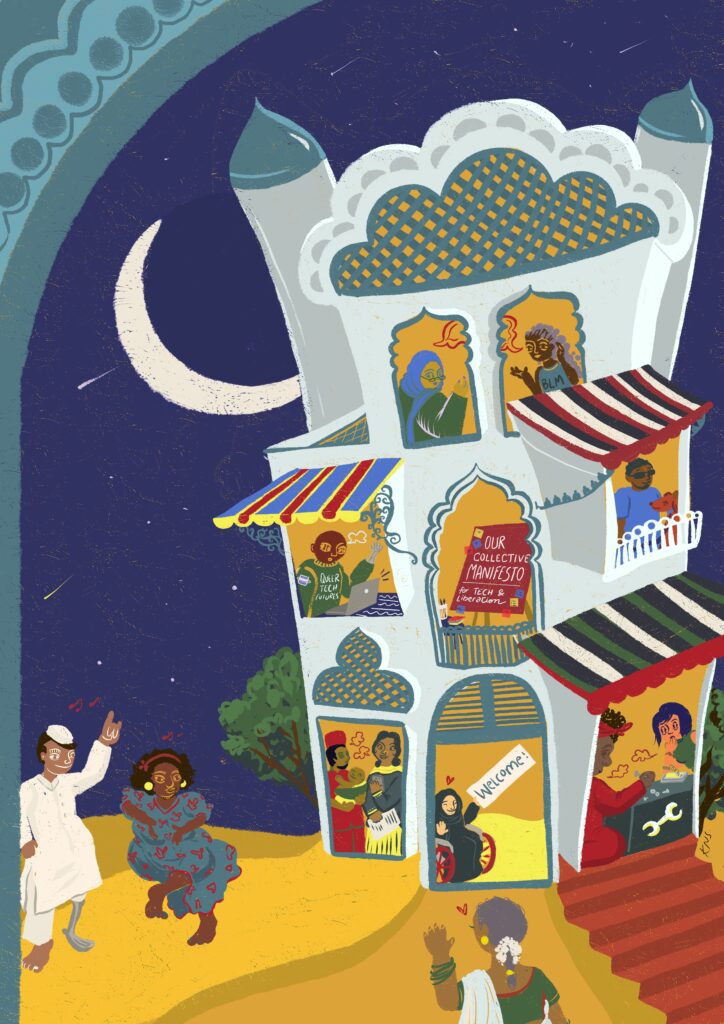
Facilitate solidarity
